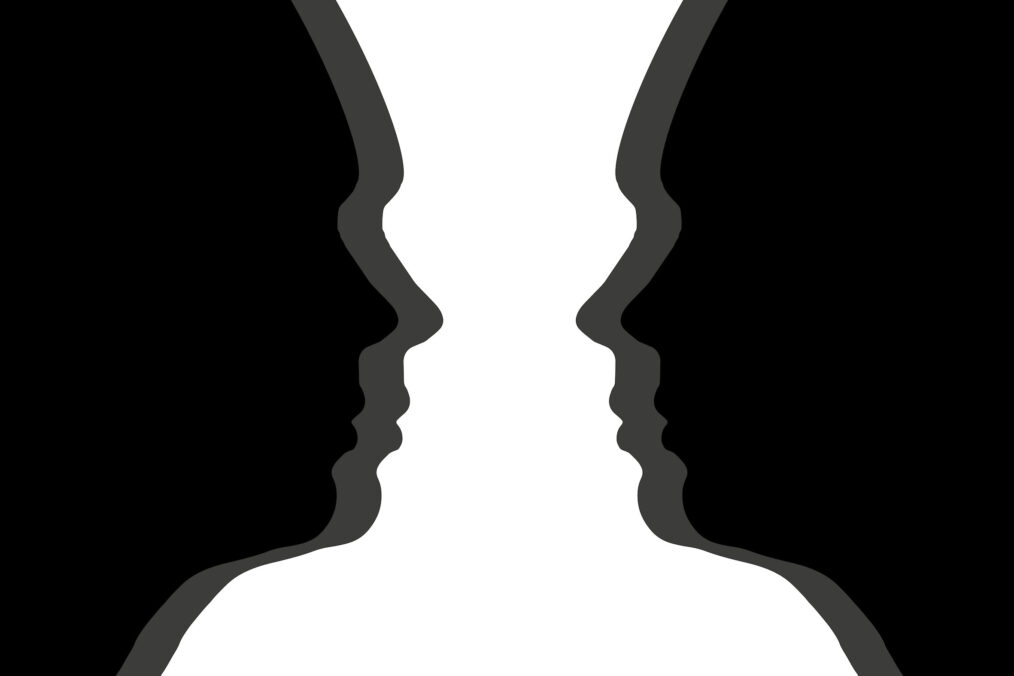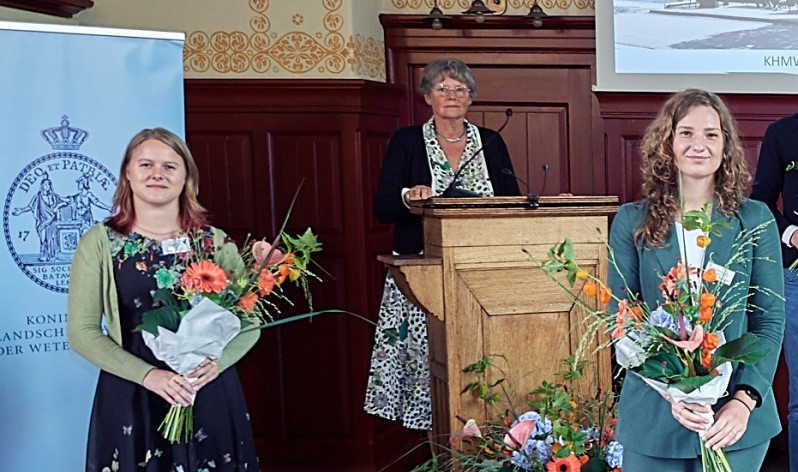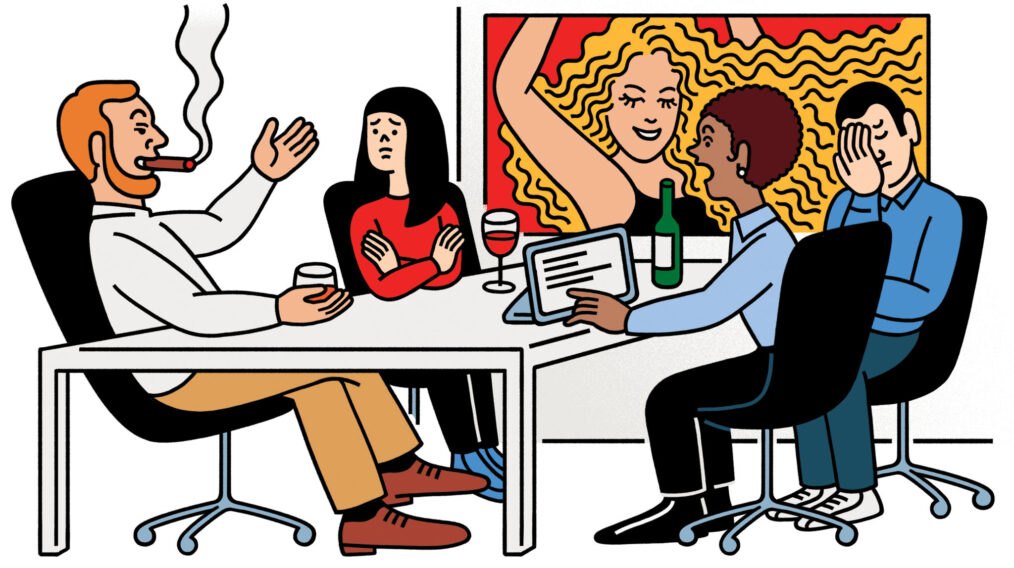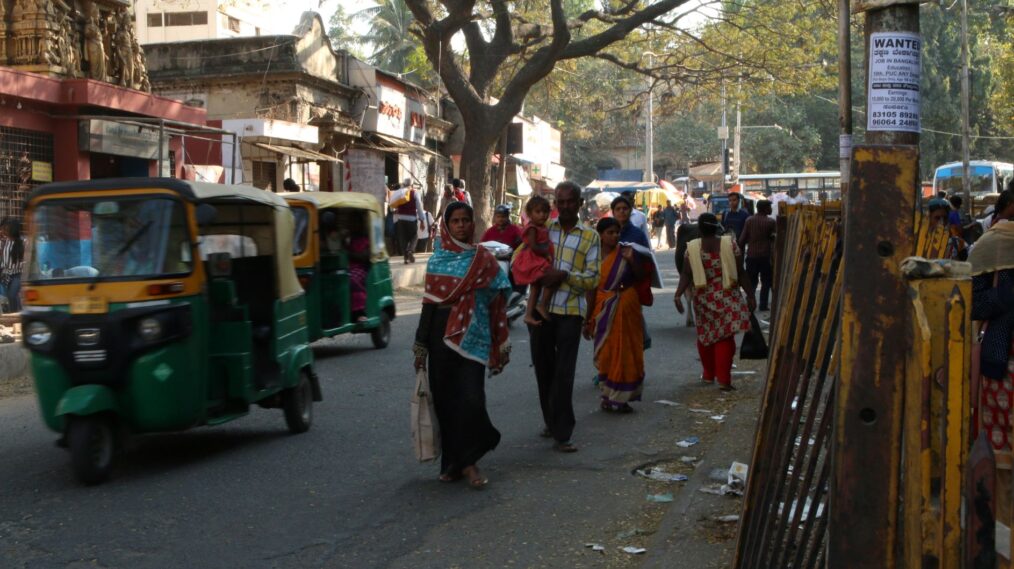The article explores why the social sciences struggle more with crises than the natural sciences – and actually manages to round off with a positive outlook for the future!
t is often assumed that online discussions escalate because people become less socially concerned when they are anonymous, or because online messages are unclear and easily misunderstood. In her PhD-dissertation, which she defended on September 22, Carla Roos reveals that the opposite is often the case: online communication is sometimes so clear that it can make people appear antisocial.
What can the beautiful yellow tree in the Hortus garden by the Heymans building teach us about hope, well-being, and adversity? Tomorrow, Babet Kanis defends her dissertation on the role of hope in the context of Groningen earthquakes.
Why do people accept inequality, and sometimes even support policies that perpetuate inequality? In this post, Isabella Lanza Turner explores the issue from the perspective of System Justification Theory.
We rely on algorithms all the time, and assume that the underlying systems that inform the results they give are objective. But are they?
The first-ever presidency of a Black man was often conceived of as the long-awaited end of racial discrimination in the United States. In their wide-eyed optimism, many White Americans trivialized the systemic injustices that Black individuals continue to face and deemed policies in favor of racial equality no longer necessary.
The Jan Brouwer Scriptieprijs is awarded every year by the Koninklijke Hollandsche Maatschappij der Wetenschappen (the Royal Holland Society of Sciences and Humanities) to recognize the best master thesis in the country across eight categories. Last year, two students from the Heymans Institute captured both of the awards that relate to our interests: Chantal D’Amore […]
Suppose you are in a conversation and someone makes a sexist remark. How do you respond? Do you actively confront the sexist person by engaging in discussion? Do you fall silent in search of a response? Or do you swiftly switch topics to avoid an awkward situation? In our recently published set of studies, we examined how such responses may contribute to (or undermine) the spreading of sexist norms.
Do people in individualistic cultures feel lonelier than in collectivistic cultures? Surprisingly, they don’t: Although people in individualistic cultures often have less stable relationships and spend more time alone, average loneliness seems to be lower than in more collectivistic cultures. In my dissertation, I provide an explanation for this “cultural paradox of loneliness”.
Interpersonal styles are the driving factor behind our social interactions, therefore studying them contributes greatly to our understanding of ourselves and others.










